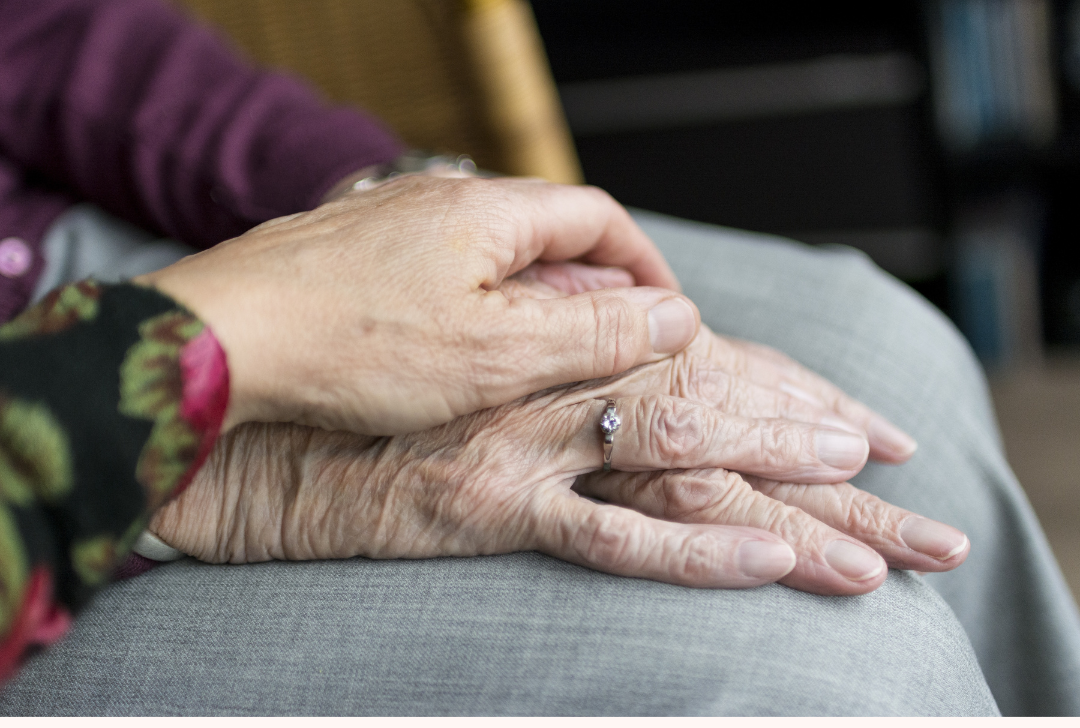Think about your grandparents. When was the last time you visited them? Are you in close contact with them? Many of us are lucky to have a knit-tight relationship with our grandparents, many others not so much, to distance or even loss. Regardless of relationships, you may have noticed that a large population of seniors are not the usual social butterflies that they could have been before. They lose contact with old friends, they tend to be alone, or they simply do not have a strong social network as they did before. This raises concerns as seniors face isolation and loneliness. Seniors are a vulnerable population to many mental health problems and it is important to address and be aware of this contemporary issue.
As people age and reach the later stages of their lives, everything changes. This statement is very broad but it includes changes in your personality, physical and cognitive abilities, social networks, hobbies, and notably relationships. The lack of social engagement is a major health indicator for mental health problems. Reasons for social disengagement include lack of or weak social connections and friendships, retirement, losing loved ones, living alone, lack of access to resources, and even societal barriers such as ageism which prevent older adults from engaging in opportunities. Because of the prevalence of social withdrawal seen within seniors, it leads to major mental health problems. Older adults who experience loneliness and social isolation tend to face more health risks such as depression, cardiovascular disease, and decline in cognitive function.
Dementia is a common neurocognitive disorder seen within older populations. It impacts a person’s memory and thinking which leads to difficulty in emotional, social, and physical functioning. Research states that dementia is the main factor in the institutionalization of seniors, especially for women. As dementia gets progressively worse, many seniors also have Alzheimer’s disease, a severe form of dementia. This disease causes major cognitive impairs. It can range from the difficulty to recognize family members to the ability to communicate. In extreme cases, Alzheimer’s victims may consume three to four meals without even realizing they are full or even swallow food without chewing.
Physical decline is extremely common as people age. Mobility becomes difficult as older people tend to have bone, muscle, and join shrinking and weakening. Due to this weakening, there is a major loss of strength, flexibility and endurance. These mobility limitations then become a preventative factor in seniors partaking in social and physical activity which promotes healthy ageing.
In addition, depression is a major burden in many seniors. Depression becomes a deterring factor in one’s life, causing a great deal of suffering and impaired functioning. Depression is often overlooked or underdiagnosed in older populations.
How do we combat these problems? It is extremely important to encourage social engagement amongst older populations. Research shows that an increase in social activity correlates to a decrease in cognitive impairment. Physical activity paired with social activity is also key in ensuring a healthy lifestyle.
Thinking about all of these hindering factors, it makes sense as to why many seniors have a very difficult time receiving the support they need, especially support to strengthen mental health. Mental health is often underplayed amongst older populations despite there being a plethora of research. So carrying forward, make sure to check up on the grandparents, relatives, or anyone that you know who are reaching old age in your life. Encourage them to get out, to engage in any activity they can whether that be spiritual, physical, or social. Check up on those you know who are reaching old age. A simple “hi” is enough.
Note: The Free Your Mind Mental Health Society is an independent youth-led organization. The contents of this blog are not intended to be a substitute for professional medical advice, diagnosis, or treatment. Always seek the advice of your physician or another qualified health provider with any questions you may have regarding a medical condition. In the event of a medical emergency, please call your doctor or 911 or other local emergency numbers immediately.
References
Brady, S., D’Ambrosio, L.A., Felts, A., Rula, E.Y., Kell, K.P., Coughlin, J.F. (2018, November 4). Reducing Isolation and Loneliness Through Membership in a Fitness Program for Older Adults: Implications for Health. Journal of Applied Gerontology, Volume: 39 issue: 3, 301-310. https://journals-sagepub-com.libproxy.mtroyal.ca/doi/full/10.1177/0733464818807820
James, B., Wilson, R., Barnes, L., & Bennett, D. (2011). Late-Life Social Activity and Cognitive Decline in Old Age. Journal of the International Neuropsychological Society, 17(6), 998-1005. doi:10.1017/S1355617711000531.https://www.cambridge.org/core/journals/journal-of-the-international-neuropsychological-society/article/abs/latelife-social-activity-and-cognitive-decline-in-old-age/91C0CD4DF1817938EB16E3179567D76E
National Institute on Aging. (2019, April 23). Social isolation, loneliness in older people pose health risks. National Institute on Aging. https://www.nia.nih.gov/news/social-isolation-loneliness-older-people-pose-health-risks.
Rosso, A., Taylor, J., Tabb, L., & Michael, Y. (2013, April 2). Mobility, Disability, and Social Engagement in Older Adults. Journal of Aging and Health, 25(4), 617-637. https://doi-org.libproxy.mtroyal.ca/10.1177/0898264313482489
World Health Organization. (2017, December 12). Mental health of older adults. World Health Organization. https://www.who.int/news-room/fact-sheets/detail/mental-health-of-older-adults.



